
Kód: 04639626
Strong Managers, Weak Owners
Autor Mark J. Roe
The distinctive character of corporate business enterprise in the United States - large firms guided by powerful, centralized managers, historically deferential directors, and distant shareholders - is usually thought to be the in ... celý popis
- Jazyk:
 Angličtina
Angličtina - Väzba: Brožovaná
- Počet strán: 342
Nakladateľ: Princeton University Press, 1996
- Viac informácií o knihe

79.49 €

Skladom u dodávateľa v malom množstve
Odosielame za 10 - 15 dní
Potrebujete viac kusov?Ak máte záujem o viac kusov, preverte, prosím, najprv dostupnosť titulu na našej zákazníckej podpore.
Pridať medzi želanie
Mohlo by sa vám tiež páčiť
-
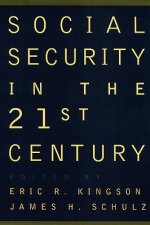
Social Security in the 21st Century
145.98 € -

Teacher Professional Development in Changing Conditions
189.21 € -

Crusade Vol.1: Simoun Dja
11.26 € -27 % -
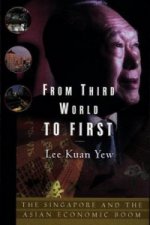
From Third World to First
14.03 € -25 % -

Little Book for Boys
12.28 € -4 % -

Streptomyces in Nature and Medicine
111.25 € -
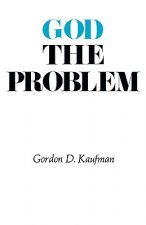
God the Problem
40.35 € -

Contemporary Cuba Reader
53.98 € -
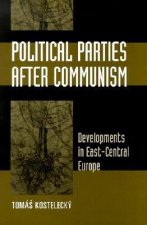
Political Parties after Communism:
26.01 € -5 % -

Assessment and Learning
125.39 € -10 % -

Love in Print in the Sixteenth Century
62.38 € -

Fervor and Fiction
112.58 € -

KJV Thinline Reference Bible Chestnut Brown
22.73 € -
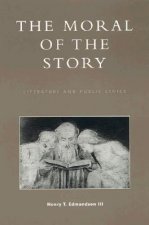
Moral of the Story
61.25 €
Darujte túto knihu ešte dnes
- Objednajte knihu a vyberte Zaslať ako darček.
- Obratom obdržíte darovací poukaz na knihu, ktorý môžete ihneď odovzdať obdarovanému.
- Knihu zašleme na adresu obdarovaného, o nič sa nestaráte.
Viac informácií o knihe Strong Managers, Weak Owners
Nákupom získate 196 bodov
 Anotácia knihy
Anotácia knihy
The distinctive character of corporate business enterprise in the United States - large firms guided by powerful, centralized managers, historically deferential directors, and distant shareholders - is usually thought to be the inevitable result of economic and technological forces. In this major reinterpretation of the origins and evolution of corporate structure, Mark Roe shows that the nature of the American corporation derives not only from these forces but also from political decisions that made alternative forms of organization costly or illegal. Drawing upon work in economics, history, law, and political science, Roe argues that the role of politicians in mediating the interaction between firms and financiers is a critical, but neglected, part of the explanation why certain forms rather than others prevailed. In their classic 1932 study, The Modern Corporation and Private Property, Adolf Berle and Gardiner Means argued that the separation of ownership and control was the consequence of industrial technologies requiring large-scale production, which in turn led to highly dispersed stockholding. Roe demonstrates, however, that the ownership structure of the American corporation represents just one of several possible outcomes, and that other organizational forms arose abroad (in Germany and Japan, for example) under the influence of different political conditions. At a number of critical junctures, political choices were made about how savings were to be channeled to industry that sharply restricted the power of financial institutions to shape the growth of large firms. These decisions, which pre-dated the New Deal, going as far back in some cases as the nineteenth century,reflected the American public's enduring dislike of concentrated financial power. Once these rules for the governance of financial institutions were in place - but not before - the Berle-Means corporation became inevitable. In recent years, new technological and competitive cha
 Parametre knihy
Parametre knihy
79.49 €
- Celý názov: Strong Managers, Weak Owners
- Autor: Mark J. Roe
- Jazyk:
 Angličtina
Angličtina - Väzba: Brožovaná
- Počet strán: 342
- EAN: 9780691026312
- ISBN: 0691026319
- ID: 04639626
- Nakladateľ: Princeton University Press
- Hmotnosť: 482 g
- Rozmery: 254 × 197 × 20 mm
- Dátum vydania: 24. March 1996
Obľúbené z iného súdka
-
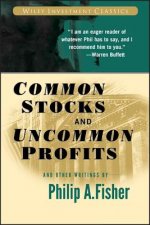
Common Stocks and Uncommon Profits and Other Writings
23.14 € -21 % -
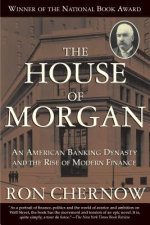
House of Morgan
25.81 € -
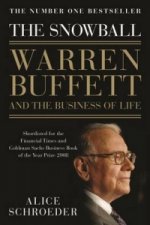
The Snowball
18.02 € -5 % -
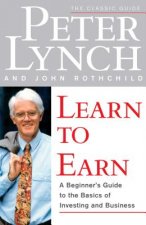
Learn to Earn
15.05 € -22 % -
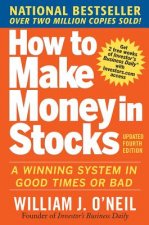
How to Make Money in Stocks: A Winning System in Good Times and Bad, Fourth Edition
18.02 € -28 % -

Security Analysis: The Classic 1940 Edition
51.21 € -24 % -

Little Book That Builds Wealth - The Knockout Formula for Finding Great Investments
20.27 € -31 % -

Fooled by Randomness
11.05 € -23 % -
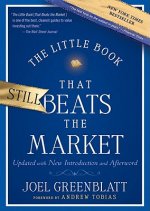
The Little Book That Still Beats the Market
24.89 € -15 % -

Market Wizards
22.63 € -25 % -

Options, Futures, and Other Derivatives, Global Edition
75.70 € -

Rule No. 1
11.46 € -28 % -
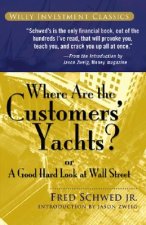
Where Are the Customers' Yachts? or A Good Hard Look at Wall Street
17.51 € -32 % -
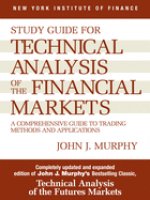
Study Guide to Technical Analysis of the Financial Markets
34.11 € -17 % -
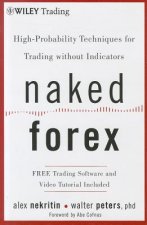
Naked Forex - High-Probability Techniques for Trading without Indicators
70.99 € -6 % -

Tower of Basel
14.84 € -19 % -

Candlestick Course
52.55 € -30 % -

Intelligent Investor
25.60 € -28 % -
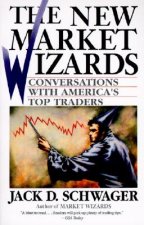
New Market Wizards
15.87 € -20 % -
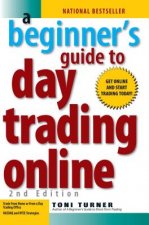
Beginner's Guide To Day Trading Online 2nd Edition
11.46 € -28 % -
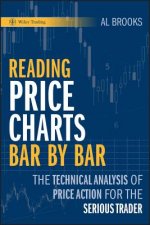
Reading Price Charts Bar by Bar - The Technical Analysis of Price Action for the Serious Trader
56.64 € -30 % -

New Trading for a Living - Psychology, Discipline, Trading Tools and Systems, Risk Control and Trade Management
66.38 € -20 % -
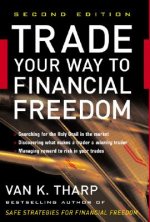
Trade Your Way to Financial Freedom
30.62 € -28 % -
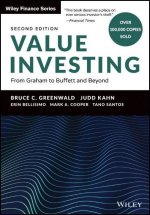
Value Investing - From Graham to Buffett and Beyond, Second Edition
28.47 € -25 % -

Art and Science of Technical Analysis - Market Structure, Price Action, and Trading Strategies
73.34 € -26 % -
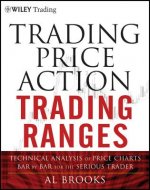
Trading Price Action Trading Ranges - Technical Analysis of Price Charts Bar by Bar for the Serious Trader
61.66 € -21 % -
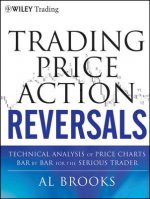
Trading Price Action Reversals - Technical Analysis Price Charts Bar by Bar for the Serious Trader
54.08 € -30 % -

Daily Trading Coach - 101 Lessons for Becoming Your Own Trading Psychologist
34 € -26 % -
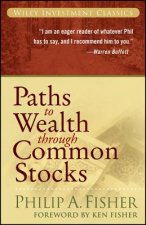
Paths to Wealth Through Common Stocks
19.56 € -28 % -
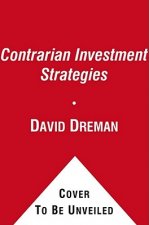
Contrarian Investment Strategies
27.34 € -24 % -
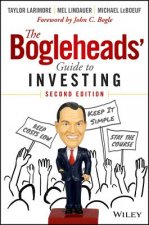
Bogleheads' Guide to Investing
20.58 € -27 % -

ETF Book, Updated Edition - All You Need to Know About Exchange-Traded Funds
27.14 € -29 % -

The Zurich Axioms
15.46 € -28 % -

Trade Mindfully
52.55 € -28 % -
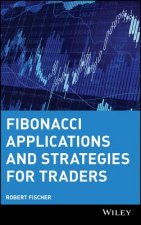
Fibonacci Applications and Strategies for Traders
85.64 € -19 % -
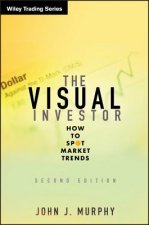
Visual Investor - How to Spot Market Trends 2e
43.02 € -19 % -
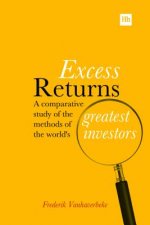
Excess Returns
43.33 € -29 % -

Wealth, War and Wisdom
16.48 € -19 % -
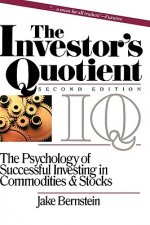
Investors Quotient - The Psychology of Successful Investing in Commodities & Stocks 2e
57.57 € -18 % -
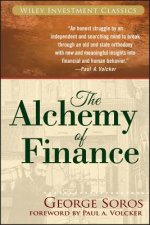
The Alchemy of Finance
23.14 € -21 % -

Real Book of Real Estate
16.79 € -21 % -
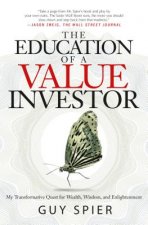
Education of a Value Investor
26.32 € -16 % -
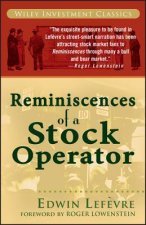
Reminiscences of a Stock Operator
19.25 € -29 % -
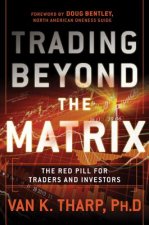
Trading Beyond the Matrix - The Red Pill for Traders and Investors
31.85 € -22 % -
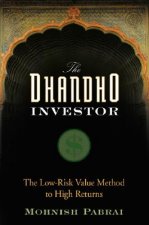
The Dhandho Investor
27.34 € -24 % -

ABCs of Real Estate Investing
21.81 € -16 % -
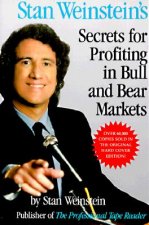
Stan Weinstein's Secrets For Profiting in Bull and Bear Markets
17.92 € -26 % -
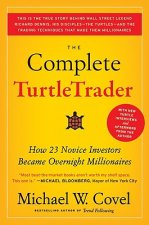
Complete TurtleTrader
13.31 € -23 % -
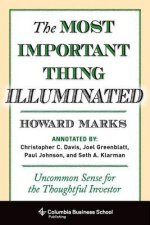
Most Important Thing Illuminated
26.73 € -14 %
Osobný odber Bratislava a 2642 dalších
Copyright ©2008-24 najlacnejsie-knihy.sk Všetky práva vyhradenéSúkromieCookies


 21 miliónov titulov
21 miliónov titulov Vrátenie do mesiaca
Vrátenie do mesiaca 02/210 210 99 (8-15.30h)
02/210 210 99 (8-15.30h)